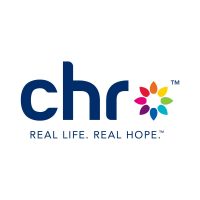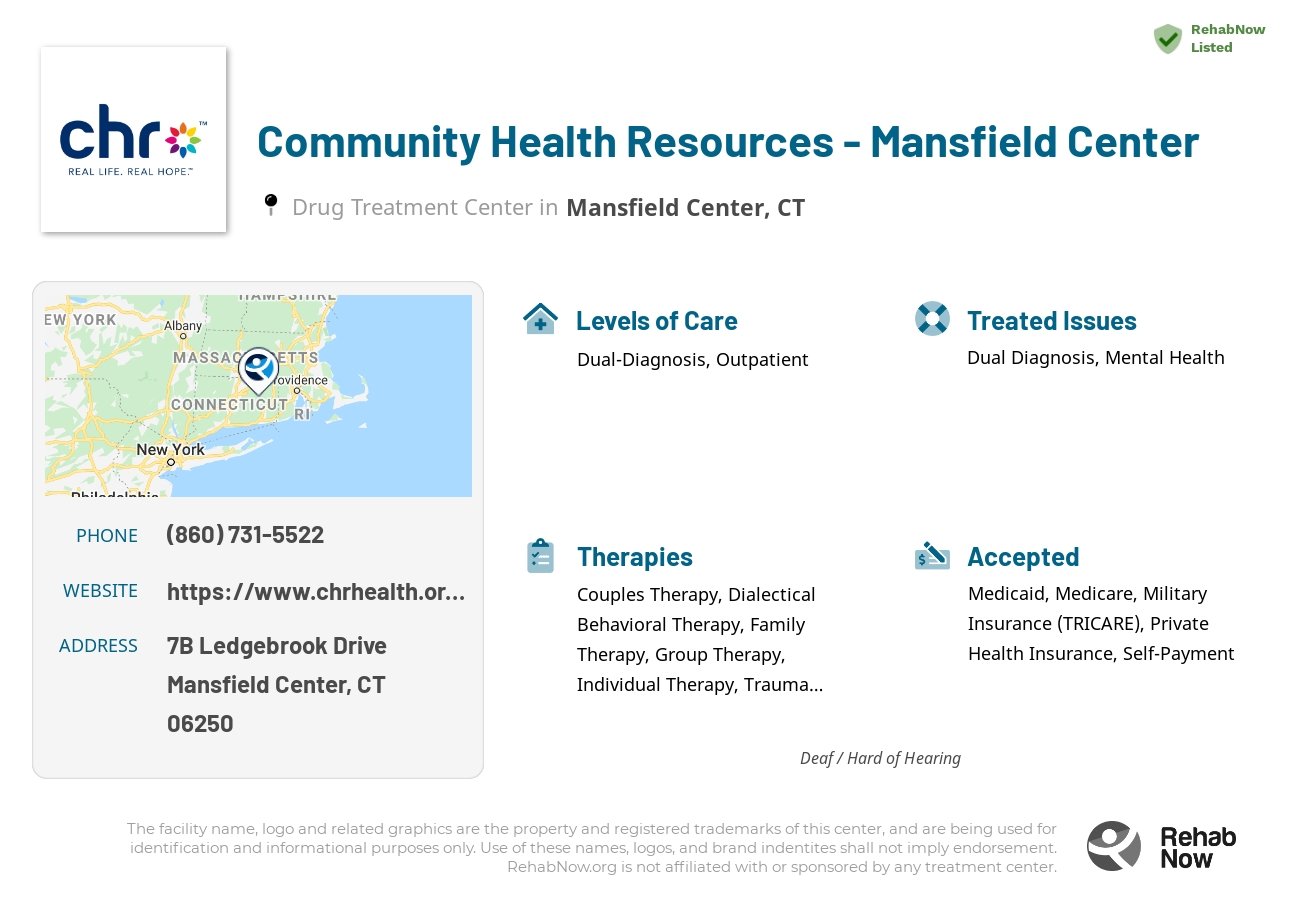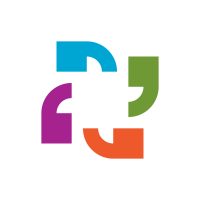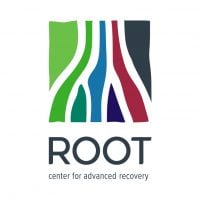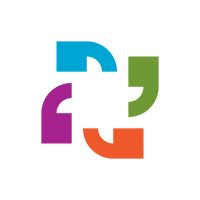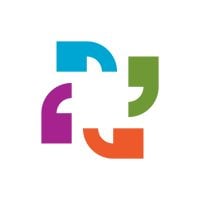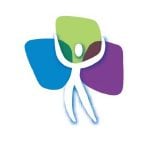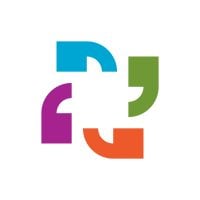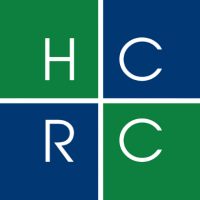Community Health Resources - Mansfield Center
Drug Rehab Center in Mansfield Center, Connecticut
Community Health Resources - Mansfield Center is a comprehensive community health center in Mansfield Center, Connecticut that specializes in providing addiction and mental health services, with a mission to provide comprehensive, cost-effective healthcare to the individuals, families, and communities of Northeastern Connecticut.
Multiple patients have reported Community Health Resources - Mansfield Center as permanently closed.
Research other rehabs in Mansfield Center, Connecticut, or get help finding an open facility.
About Community Health Resources - Mansfield Center in Connecticut
Community Health Resources - Mansfield Center is a comprehensive community health center in Mansfield Center, Connecticut. Their mission is to provide comprehensive, comprehensive and cost effective health care to the individuals, families and communities of Northeastern Connecticut. They offer a range of mental health and addictions services, including inpatient and outpatient services, crisis intervention, substance abuse treatment, and more.
At Community Health Resources - Mansfield Center, they provide high-quality, individualized care for addiction and substance abuse. Their experienced team of clinicians specialize in addiction treatments like medication-assisted treatment, cognitive behavioral therapy, and group therapy, among others. They also provide education and skills development to help individuals maintain a healthier lifestyle and avoid further substance use. In addition, they offer family services to support family members of those with addiction, and they have a 24-hour hotline for individuals in crisis.
Community Health Resources - Mansfield Center has earned several accreditations and awards, including accreditation from The Joint Commission in Behavioral Health Care and the Commission on Accreditation of Rehabilitation Facilities. They also have several national awards for their innovative treatment services for addictions and their commitment to providing quality services for their clients. They are committed to providing evidence-based treatments and are actively involved in community initiatives to reduce substance use in the region.
Genders
Ages
Modality
Additional
Conditions and Issues Treated
Dual diagnosis refers to someone who has both an addiction and a mental or emotional illness. Dual diagnosis treatment includes therapy for both issues simultaneously, allowing for effective treatment of either.
Sometimes people with addiction disorders also have co-occurring disorders like depression, anxiety, bipolar disorder, etc. These require specialized treatment programs that address both drug and alcohol addiction as well as psychiatric illnesses. Some rehabilitation facilities provide patients with co-occurring disorders a program with highly integrated services and a clean, distraction-free environment.
Levels of Care Offered
This center offers a variety of custom treatment tailored to individual recovery. Currently available are Dual-Diagnosis, Outpatient, with additional therapies available as listed below.
Alcohol or drug addiction, or co-occurring disorders, are treated in an outpatient program. The patient must attend therapy and other programs at the facility but can return home each night.
Outpatient treatment allows recovering addicts to live at home while receiving addiction treatment. Outpatients can attend group sessions for a few hours per week. Outpatients may also continue to work full time and study/attend school without interruption if they choose.
Therapies & Programs
Different people react differently to various treatment options. Some drug rehabilitation centers offer individualized treatment that caters to the specific needs of a drug addict. The best treatment option varies on an individual depending on the type of drug abused, life history, medical condition of the person, social circumstances, and the environment they live in now.
When a person enters drug rehab, they usually have anti-drug associations such as withdrawal symptoms, stress, cravings, etc. The first step of drug rehab is to detoxify the body from any residual substances in it. Drug rehabilitation centers usually employ trained medical professionals to help in this process. Usually, the initial detoxification lasts for five days, where the person is monitored under close supervision.
Couples therapy is a treatment method used to help couples in which at least one member of the couple has a drug addiction. The treatment is designed to help the couple strengthen their relationship to minimize the effects of drug addiction on their lives and promote healthy communication between them.
Couples therapy can be used whether the addicted partner is using drugs or in recovery. It helps the couple create healthy communication and coping skills to minimize the problem-solving abilities of one partner, which can then be directed at solving issues related to their addiction. It also helps couples address problems that may be related to drug addiction. Couples therapy can help couples feel like a team and not feel like their partner is the problem.
Couples therapy is very challenging for both the drug addict and their partner. It requires an intense commitment between the two individuals to participate in the sessions and the homework assigned between sessions.
An additional benefit of couples therapy is that it can help make other types of treatment, such as 12-step programs, more effective.
Family therapy sessions typically involve the addict and their family members. During these sessions, a therapist will work with everyone involved to help them understand addiction and find healthy ways of coping without substance abuse.
Some addicts might feel embarrassed about their substance abuse problems. By encouraging family members to attend these sessions, therapists can show addicts that they’re not alone in dealing with addiction. Therapists can also work with family members to help them understand addiction and learn how to offer support and encouragement to their loved one as they deal with substance abuse issues.
Attending group therapy at Community Health Resources - Mansfield Center in , is a useful way for those seeking sobriety to realize they aren’t the only one going through it.
This is when a group of people on different recovery phases get together and talk about what they’re going through, their triggers, successes, and failures. This can include alternative types of therapies too! Group therapy may occur on an outpatient or inpatient basis with groups that have no pre-existing relationships outside the session, unlike support groups where everyone already knows each other beforehand.
Trauma therapy is a form of therapy used to help people process and understand past traumas. This can help struggling addicts, as many people turn to drugs or alcohol to mask the pain of their past. Trauma therapy can be done in several ways, such as through visualization, discussion, and writing down thoughts and feelings. The goal is to help the individual understand why they are having problems coping with certain situations and changing how they think and react to things. This is often done in tandem with other therapies to treat the underlying issues associated with addiction.
The idea behind trauma therapy is that while some people can experience traumatic events and not have lasting psychiatric symptoms, many others will. In these cases, memories get hidden from consciousness but continue to influence how the person processes and copes with things in their life. They may avoid situations that resemble what happened or become suddenly angry or irritated to a situation that reminds them of a past event. With the help of a therapist, people can go back over memories and experiences. This helps them understand why they are having problems coping with certain situations and changing how they think and react to things.
This type of cognitive-behavioral therapy helps people understand how their thoughts, behaviors, and feelings are interconnected. It can help patients with borderline personality disorder gain control over their actions and stop self-harming thoughts and attempts.
Cognitive Behavioral Therapy is a type of psychotherapy that helps people address the thoughts and behaviors that may have led to their addiction. It also helps change negative thoughts into positive ones and promotes healthy communication between addicts and those around them. CBT is an efficient treatment for individuals suffering from all sorts of addictions.
Cognitive Behavioral Therapy (CBT) focuses on the underlying thoughts and behaviors that caused the problem of addiction in the first place and may cause a relapse. Negative feelings are common in drug abuse disorders, but they can lead to co-occurring disorders if not recognized. CBT involves strategies that help to change the behavior pattern by restructuring negative thoughts into positive ones. It helps to remove these feelings, and it provides long-term benefits. Also, CBT promotes self-awareness, self-control and can be administered as a mono-therapy or as part of combination therapy.
Payment Options Accepted
For specific insurance or payment methods please contact us.
Is your insurance accepted?
Ask an expert, call (888) 674-0062
Community Health Resources Associated Centers
Discover treatment facilities under the same provider.
- CHR - Willimantic Clinic in Willimantic, CT
- Community Health Resources - Enfield in Enfield, CT
- Community Health Resources- Putnam in Putnam, CT
- Community Health Resources - Thomas Murphy Center in Willimantic, CT
- Community Health Resources - Manchester in Manchester, CT
Learn More About Community Health Resources Centers
Additional Details
Specifics, location, and helpful extra information.
Mansfield Center, Connecticut 6250 Phone Number(860) 731-5522 Meta DetailsUpdated November 25, 2023
Staff Verified
Community Health Resources - Mansfield Center Patient Reviews
There are no reviews yet. Be the first one to write one.
Mansfield Center, Connecticut Addiction Information
Connecticut has a higher rate of substance abuse and addiction than the national average. The state ranks in the top 10 in the country for illicit drug dependence among those ages 18 to 25. In 2010, there were 9,211 people admitted to an alcohol treatment facility for alcohol abuse combined with a secondary drug. Connecticut ranked fifth in the United States of America for the number of fatalities involving drunk driving in 2014.
Treatment in Nearby Cities
- Bloomfield, CT (27.9 mi.)
- Colchester, CT (12.8 mi.)
- Derby, CT (54.0 mi.)
- Madison, CT (35.9 mi.)
- Waterbury, CT (45.5 mi.)
Centers near Community Health Resources - Mansfield Center
The facility name, logo and brand are the property and registered trademarks of Community Health Resources - Mansfield Center, and are being used for identification and informational purposes only. Use of these names, logos and brands shall not imply endorsement. RehabNow.org is not affiliated with or sponsored by Community Health Resources - Mansfield Center.
